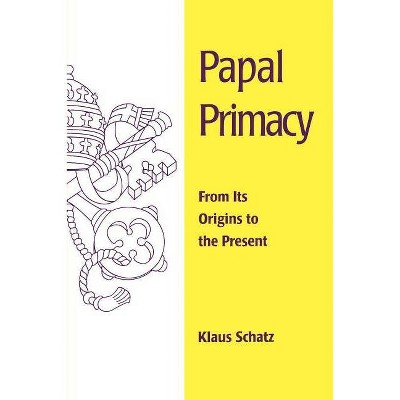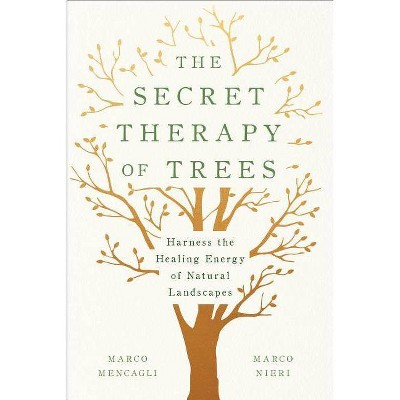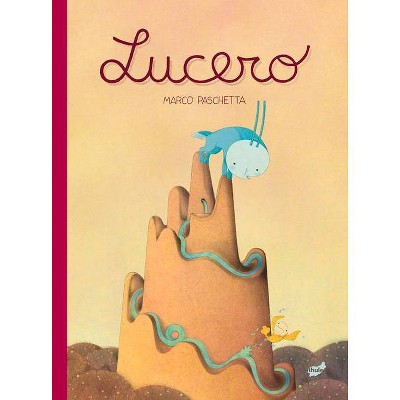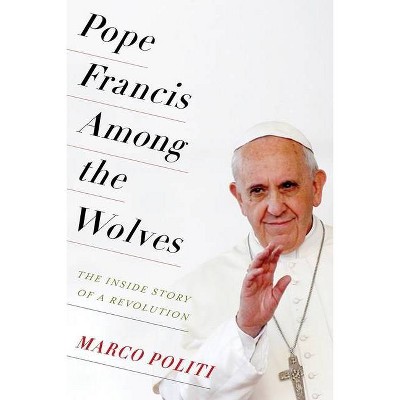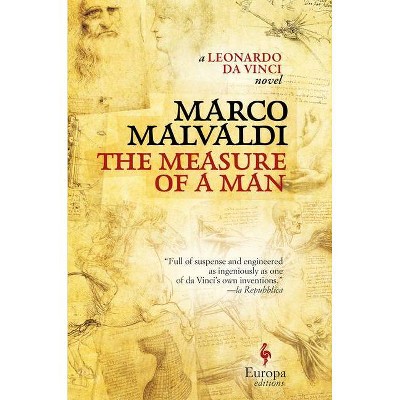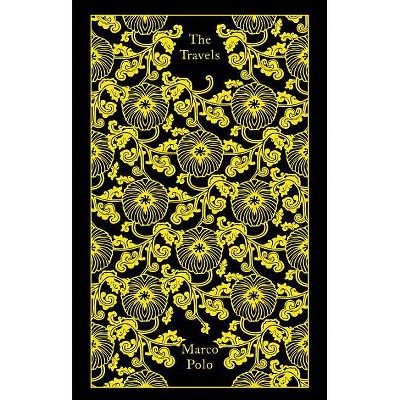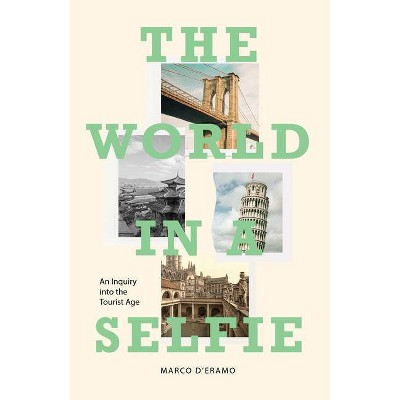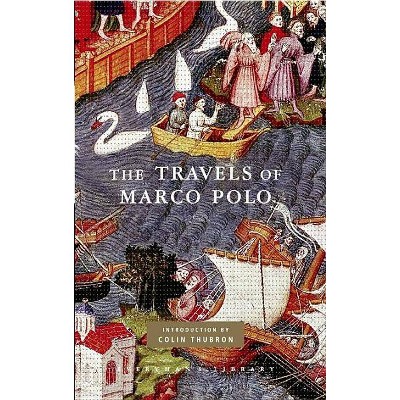The Primacy of Resistance - by Marco Checchi (Hardcover)
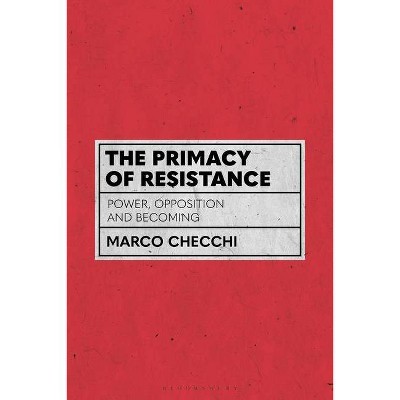
Similar Products
Products of same category from the store
AllProduct info
<p/><br></br><p><b> About the Book </b></p></br></br>"What is at the heart of political resistance? Whilst traditional accounts often conceptualise it as a reaction to power, this volume (prioritising remarks by Michel Foucault) invites us to think of resistance as primary. The author proposes a strategic analysis that highlights how our efforts need to be redirected towards a horizon of creation and change. This text combines a range of political and philosophical scholarship and provides an innovative rethinking of Foucault's model of power relations that leads towards a new autonomism for the 21st century"--<p/><br></br><p><b> Book Synopsis </b></p></br></br><b>What is at the heart of political resistance?</b><br/><br/>Whilst traditional accounts often conceptualise it as a reaction to power, this volume (prioritising remarks by Michel Foucault) invites us to think of resistance as primary. The author proposes a strategic analysis that highlights how our efforts need to be redirected towards a horizon of creation and change. <br/><br/>Checchi first establishes a genealogy of two main trajectories of the history of our present: the liberal subject of rights and the neoliberal ideas of human capital and bio-financialisation. The former emerges as a reactive closure of Etienne de la Boétie's discourse on human nature and natural companionship. The other forecloses the creative potential of Autonomist Marxist conceptions of labour, first elaborated by Mario Tronti. The focus of this text then shifts towards contemporary openings. Initially, Checchi proposes an inverted reading of Jacques Rancière's concept of politics as interruption that resonates with Antonio Negri's emphasis on Baruch Spinoza's potential qua resistance. Finally, the author stages a virtual encounter between Gilles Deleuze's ontology of matter and Foucault's account of the primacy of resistance with which the text begins. <br/><br/>Through this series of explorations, <i>The Primacy of Resistance: Power, Opposition and Becoming</i> traces a conceptual trajectory with and beyond Foucault by affirming the affinity between resistance and creation.<p/><br></br><p><b> Review Quotes </b></p></br></br><br><i>The Primacy of Resistance</i>provides an important resource for understanding resistance and its potential for initiating and sustaining radical social change.<br/>Howard Caygill, Professor of Modern European Philosophy at Kingston University London, UK<br><br>Finally a single book has traced out and clarified a crucial thesis in political theory that has not received nearly enough attention. Political resistance has been wrongly understood as a mere reaction or opposition "against" power. By treated it as such we have taken the side of power and completely misunderstood the creative and dynamic nature of resistance. This book is the most systematic and historical development of this idea that I am aware of. It is well-researched, well-argued, and should be taken seriously by anyone doing political theory today.<br/>Thomas Nail, Professor of Philosophy, University of Denver, USA<br><p/><br></br><p><b> About the Author </b></p></br></br><b>Marco Checchi</b> is Lecturer in Business and Law, De Montfort University, UK.
Price History
Price Archive shows prices from various stores, lets you see history and find the cheapest. There is no actual sale on the website. For all support, inquiry and suggestion messages communication@pricearchive.us
